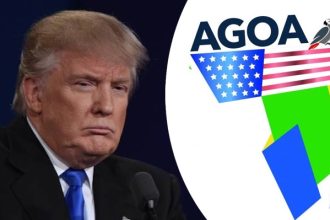The Nigeria Customs Service (NCS) will begin implementing a new De Minimis policy on Monday, 8 September 2025, allowing duty-free clearance of imported goods valued at $300 or less.
Announced in a statement signed by Dr. Abdullahi Maiwada, Assistant Comptroller of Customs and National Public Relations Officer, the measure covers low-value consignments, e-commerce shipments, and passenger baggage, with the goal of speeding up clearance processes and boosting cross-border trade.
The NCS explained that the De Minimis threshold is the value below which imports are exempt from duties and taxes, bringing Nigeria in line with international standards such as the WTO Trade Facilitation Agreement and the WCO Revised Kyoto Convention. Each individual may benefit from the exemption up to four times per year, provided the items are not on the prohibited or restricted list.
The policy was approved by the Nigeria Customs Service Board (NCSB) during its 63rd regular meeting held on 2 September 2025, chaired by Minister of Finance and Coordinating Minister of the Economy, Wale Edun.
“After reviewing global practices, the Board approved $300 as Nigeria’s official De Minimis threshold,” the statement said. “This aligns with global best practice, enhances trade facilitation, and provides clarity for e-commerce operators and travellers.”
Under the new framework, eligible shipments will be released immediately without post-clearance documentation. To support the rollout, the NCS will establish multi-channel helpdesks to guide stakeholders and address complaints. However, enforcement will remain strict, with penalties including forfeiture and arrest for those attempting invoice manipulation or duty evasion.
Beyond trade facilitation, the Board also addressed disciplinary matters, including the demotion of two officers over misconduct and the reinstatement of two others. Personnel were warned against unethical behaviour and substance abuse.
The De Minimis policy is expected to stimulate e-commerce, reduce clearance delays, and strengthen Nigeria’s role as a regional trade hub, while upholding strict compliance with customs regulations.
















